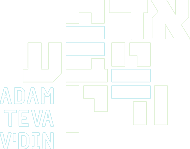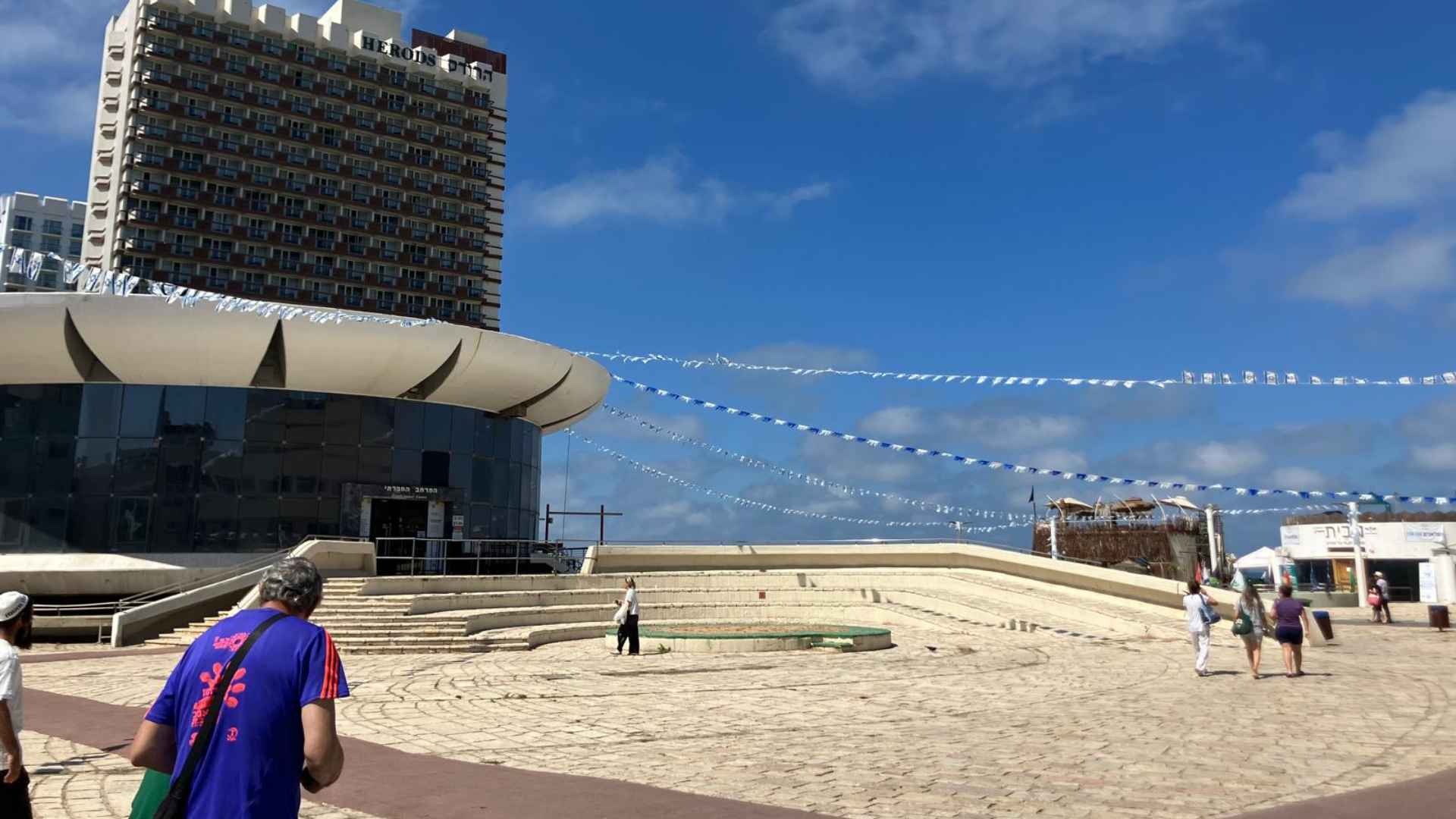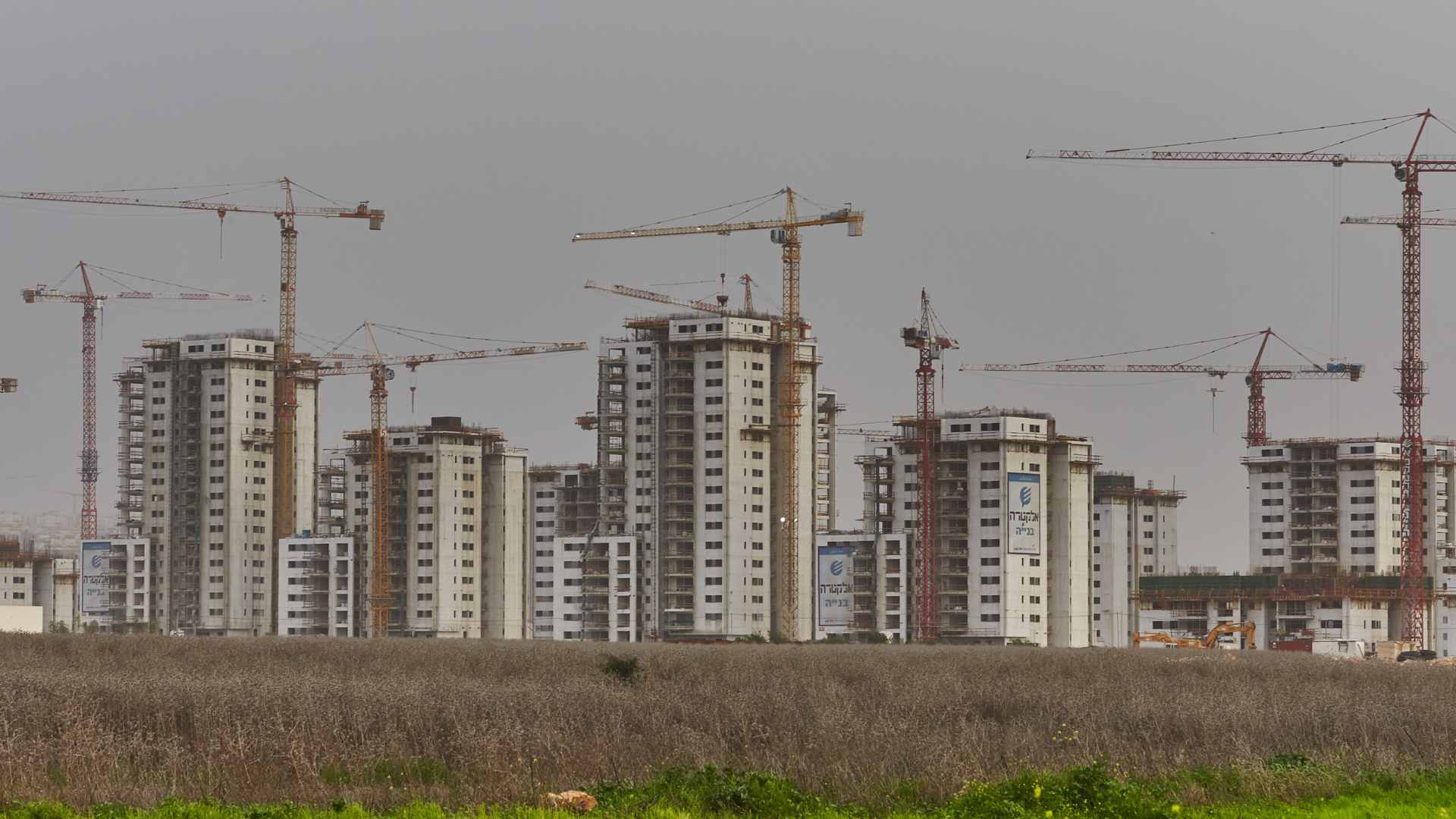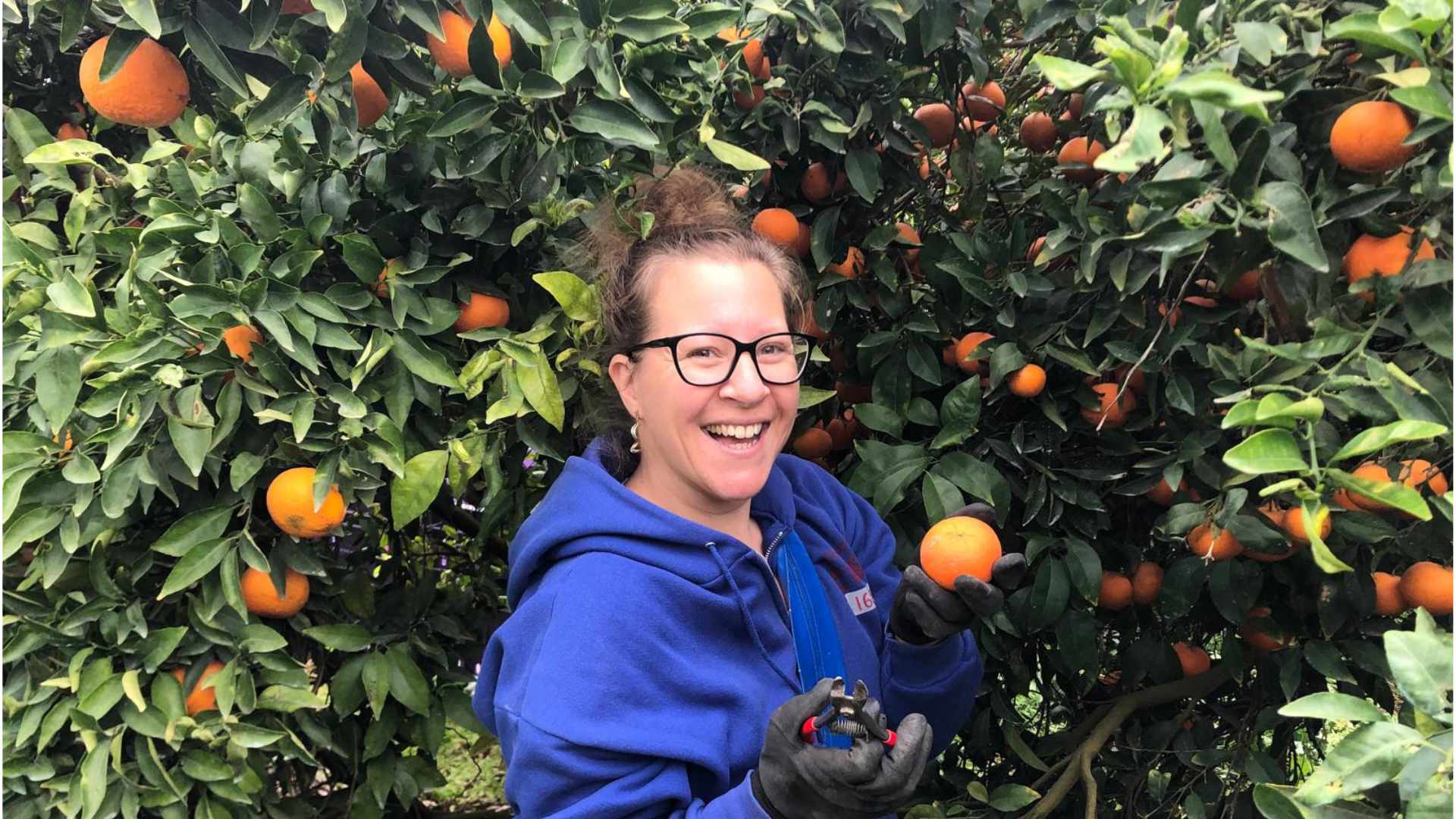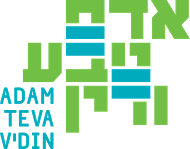Blog post by Rachel Smith-Savaya, Director of International Partnerships
What makes a space inviting? How do we welcome people into our home? And what if we expanded home to homeland? How can we make people feel at home in Israel? These were all questions that went through my mind as I read through this week’s Torah portion, looking for inspiration for my challah design. (See previous challah blog).
Our Torah portion – Terumah (offering) – sees the Children of Israel still camped at Sinai as G-d instructs Moses to build the Mishkan – מִשְׁכָּן – or Tabernacle. This is to be a portable sanctuary for G-d to dwell in, that can easily be disassembled, moved and then reassembled as the people travel through the desert. G-d is essentially asking to the people to join together in building a space and place or home for G-d to reside among them.
Moses is told:
דַּבֵּר֙ אֶל־בְּנֵ֣י יִשְׂרָאֵ֔ל וְיִקְחוּ־לִ֖י תְּרוּמָ֑ה מֵאֵ֤ת כׇּל־אִישׁ֙ אֲשֶׁ֣ר יִדְּבֶ֣נּוּ לִבּ֔וֹ תִּקְח֖וּ אֶת־תְּרוּמָתִֽי׃
Tell the Children of Israel to bring Me a offering; you shall accept offerings for Me from every person whose heart is moved to do so. (Exodus 25:2)
While it is odd that the word used for ‘giving’ is actually “v’yik’hoo“, which means ‘taking’ – perhaps a nod to the idea that giving is receiving – there is an(other) interesting idea here. The Children of Israel are asked to give, whatever they feel they can and want to, according to how their “heart is moved to do so”. Perhaps this is to allow all to play a part in making the Tabernacle a welcoming space for G-d.
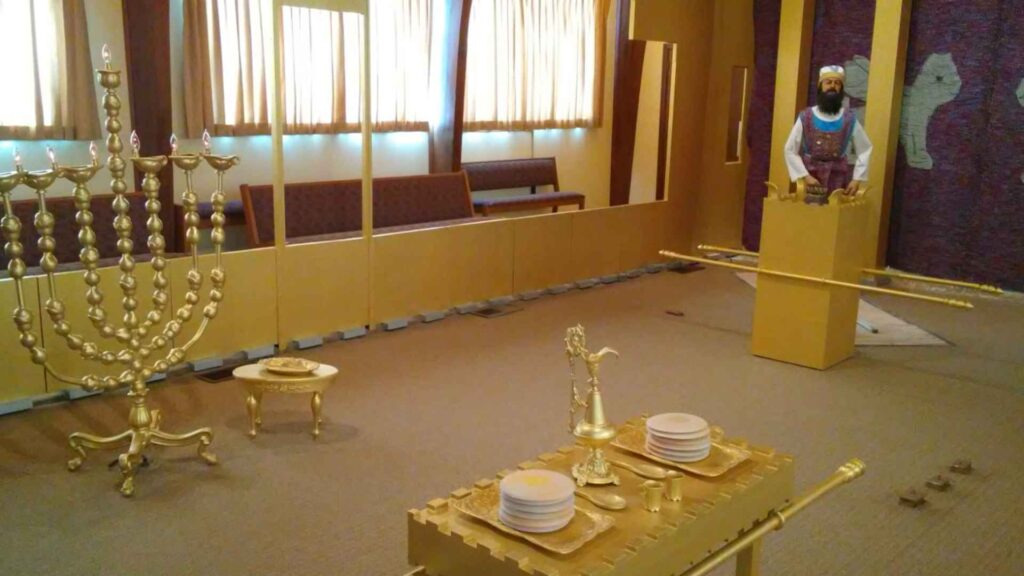
The text goes on to list the many different materials and resources needed to build the sanctuary, which range from gold, silver and precious stones, to wood, oil and spices. In other words, everyone can give and be a part of this communal process, regardless of budget.
Having endured slavery for generations, the people were used to receiving commands, but not to opening their hearts or to the option of giving simply from a desire to do so. This is an opportunity for the Children of Israel to internalize being free, and a stepping stone towards becoming a fair and just society.
After the list of materials, G-d expresses:
וְעָ֥שׂוּ לִ֖י מִקְדָּ֑שׁ וְשָׁכַנְתִּ֖י בְּתוֹכָֽם׃
And let them make Me a sanctuary so that I may dwell among them.
The text doesn’t say, “so that I may dwell in it” i.e. the sanctuary which they have been requested / commanded to build. It would appear, the G-d wants to dwell among the people, and the act of all being moved to give is what will cause G-d to feel ‘at home’ or welcome among the Children of Israel.
When it comes to donating to the creation of a dwelling place for G-d, it can be because of a desire to give. However, in Judaism, when we talk of giving to others, the term is tzedakah. This loosely translates as charity, although the actual meaning is the total opposite.
Charity, justice and duty
The word charity comes from the Latin word ‘caritas‘, meaning love. Similar to Exodus 25:2, one’s heart should be moved by the suffering of others in to wanting to give. The word ‘tzedakah‘ has ‘tzedek‘ – justice – at its root. It doesn’t matter whether your heart is moved by the plight of others or not, we are commanded to redress the balance and give to others to establish an equitable social fabric.
And justice is exactly what motivates Adam Teva V’Din’s environmental legislative and litigate work. As Israel’s environmental watchdog, with over 30 years of experience in the fields of energy, clean air, natural resources and solid waste, we are committed to environmental organization, vulnerable communities (protecting minorities and the little they have) and preparing for the global climate crisis which is already being felt. In the aftermath of October 7, we submitted our recommendations to the Tkuma Directorate for the rebuilding of ‘Otef Aza‘ (the Gaza Perimeter Communities) as it relates to planning, agriculture, waste and energy. In our role as watchdog, we are following closely how the Tkuma Directorate moves forward to ensure we can truly ‘build back better’.
As we learn in Pirkei Avot (Ethics of our Fathers), “it is not your duty to complete the task, neither are you free to desist from it” (2:16). We know the environmental task is mammoth, and we know support makes it much more feasible. This week’s Torah portion, Terumah refers to contributions, and how the act of the people giving will welcome G-d into their midst. Perhaps the act of giving makes us all feel connected or a part of the bigger picture. Perhaps giving is synonymous with or leads to belonging.
I hope that by displaying my children’s art work, cooking their favorite foods and sometimes turning a blind eye to all the chaos they create, I am making a home that is welcoming to them and to their friends. A place they feel at home in, rather than simply where they live. What of our national home? In modern Hebrew a terumah is a donation. If “your heart is moved to do so”, you can donate here to support our work. Perhaps by us all taking a part in the upkeep of our environment, we will all feel welcomed here, and that we truly belong.
Thank you.
